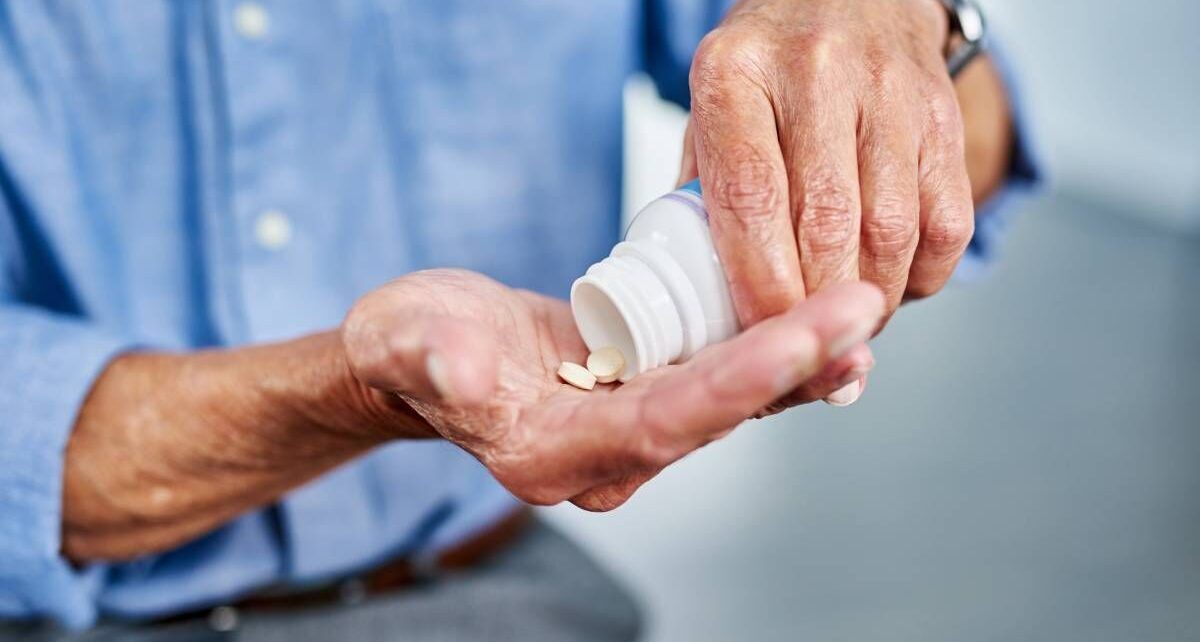
We use your sign-up to provide content in ways you’ve consented to and to improve our understanding of you. This may include adverts from us and 3rd parties based on our understanding. You can unsubscribe at any time. More info
Digesting one supplement a day for three years could make a significant difference for those over 65, it was said.
Study co-principal Professor Laura Baker, of Wake Forest University School of Medicine, in North Carolina, US, said: “Our study showed that daily multivitamin-mineral supplementation resulted in significant cognitive improvement.”
“This is the first evidence of cognitive benefit in a large longer-term study of multivitamin supplementation in older adults.”
“There’s an urgent need for safe and affordable interventions to protect cognition against decline in older adults.”
The research team estimated that three years of multivitamin supplementation roughly translated to a 60 percent slowing of cognitive decline, equating to almost two years.
Scientists had tested whether daily administration of a cocoa extract or a multivitamin improved cognition in older adults. More than 2,200 participants, aged 65 and older, enrolled and were followed for three years.
They completed tests at the beginning of the study and then annually to evaluate memory and other cognitive skills.
The team found multivitamins had a significant impact and that the benefits were more pronounced in participants with cardiovascular disease – which is important because those people are already at increased risk of cognitive decline.
But Prof Baker said further studies are needed to confirm the findings before any health recommendations are made.
She added: “It’s too early to recommend daily multivitamin supplementation to prevent cognitive decline.”
“Additional research is needed in a larger and more diverse group of people. Also, we still have work to do to better understand why the multivitamin might benefit cognition in older adults.”
The findings were published in the journal Alzheimer’s & Dementia.
Source: Read Full Article



